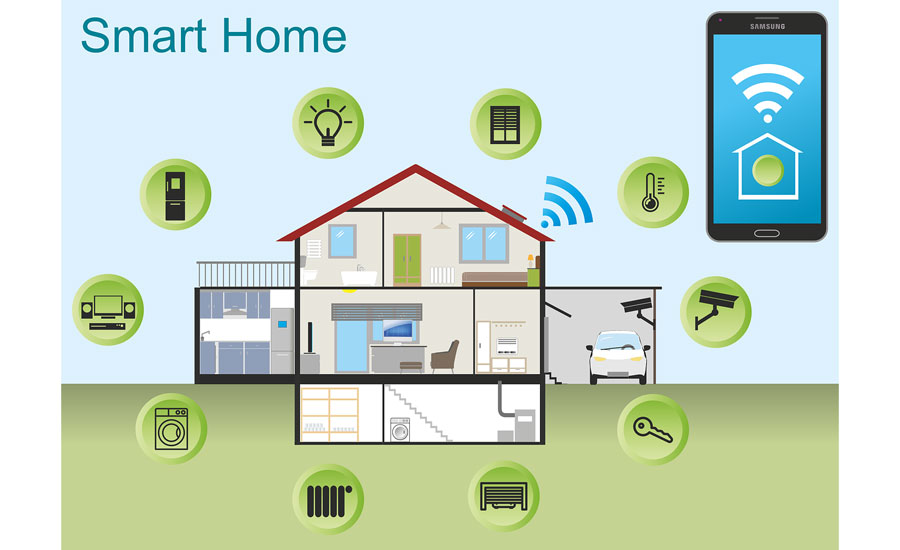The Relationship In Between Weather Issues And Heatpump Efficiency, Along With Solutions To Boost Effectiveness
The Relationship In Between Weather Issues And Heatpump Efficiency, Along With Solutions To Boost Effectiveness
Blog Article
Created By-Drejer Regan
When it concerns your heat pump, weather plays a crucial function in its performance. From freezing temperature levels to sweltering heat, each element can impact exactly how successfully your system runs. However what can you do to fight these weather-related difficulties and ensure your heat pump is working at its ideal? Stay tuned to uncover useful suggestions and techniques to enhance your heatpump's performance, despite the weather conditions it faces.
Weather Condition Aspects Impacting Heat Pump Efficiency
Weather condition factors have a considerable influence on the performance of heatpump. One vital aspect is temperature. Heat pumps function by moving warmth from outdoors to within during winter season and the other way around in summertime. As temperatures decline, it becomes harder for the heat pump to remove warm from the outdoors air, decreasing its efficiency.
Another key element is moisture. High moisture levels can make it extra tough for the heat pump to release warm during the cooling process.
Additionally, wind rate contributes. Strong winds can dissipate the warmth taken in or released by the heat pump, affecting its general performance.
Tips for Optimizing Heat Pump Efficiency
To improve the effectiveness and long life of your heat pump, applying a couple of crucial approaches can make a considerable difference in its efficiency.
First of please click the following article , make sure routine upkeep by cleansing or replacing filters every 1-3 months to stop air movement blockages and make the most of air flow. In addition, routine annual professional examinations to spot and resolve any kind of prospective issues beforehand.
Optimal thermostat settings likewise play a critical duty. Throughout the winter, go for a temperature setting that's as low as comfy, and throughout the summer season, set it as high as comfortable to reduce the workload on your heatpump. Using a programmable thermostat can help you immediately adjust settings based on your schedule.
In addition, securing leakages in ductwork and shielding ducts in unconditioned spaces can prevent energy loss and enhance overall system effectiveness.
Lastly, take into consideration setting up a smart thermostat that can discover your behaviors and adjust settings accordingly, further maximizing your heatpump's performance. By complying with these ideas, you can guarantee your heatpump runs efficiently and effectively throughout the year.
Best Practices for Weatherproofing Your Heatpump
For optimal performance and effectiveness of your heat pump, executing weatherproofing procedures is important. Start by sealing any type of gaps or fractures around doors, home windows, and ductwork to avoid heat loss and maintain a regular indoor temperature level.
Insulate revealed pipelines and air ducts to prevent cold during winter and make sure proper air movement. Think about mounting a safety cover over the outside system to protect it from severe weather condition aspects like snow, ice, and debris.
Routinely clean the outdoor system to get rid of dust, leaves, and particles that can obstruct air movement and reduce performance. Furthermore, keep the area around the heatpump free from snow, ice, and plant life to permit appropriate air flow.
Final thought
Now that you understand just how weather condition influences your heat pump performance, you can take proactive steps to optimize its efficiency. By following the pointers described in this short article, such as regular upkeep, thermostat modifications, and weatherproofing measures, you can ensure that your heat pump operates at its ideal no matter the weather. Keep ahead of the game and keep your home comfy throughout the year.
